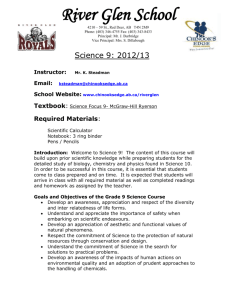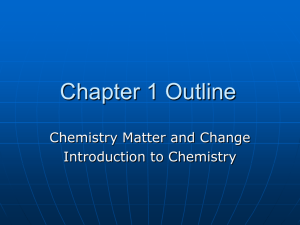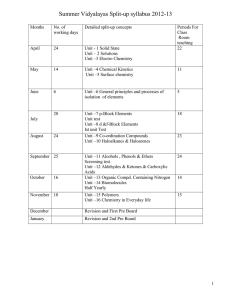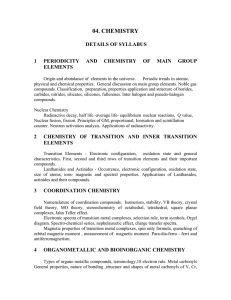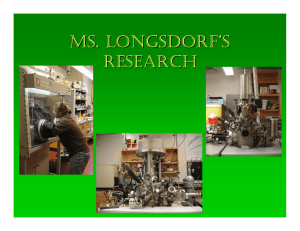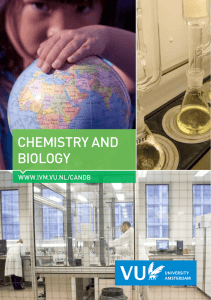11.1 - Introduction and Procedure PowerPoint
advertisement
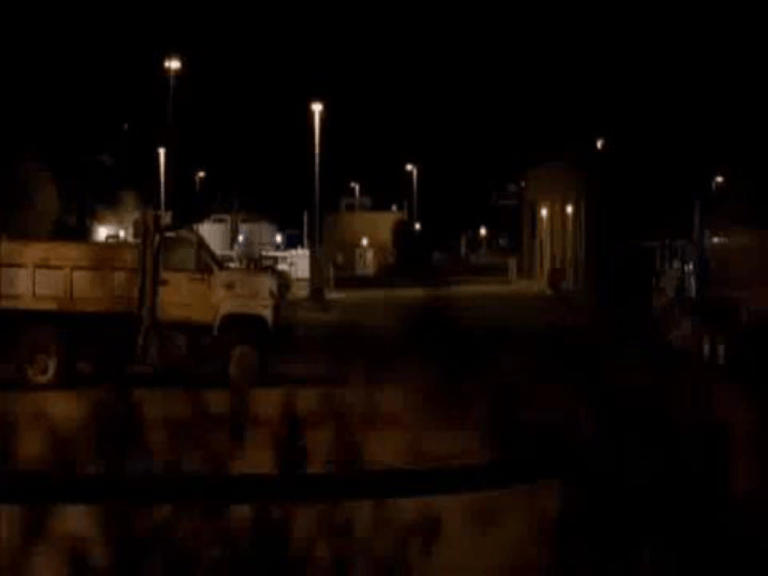
1st Annual MAEDA Science Fair Become Walter White… What Will I Be Presenting? • Take out the handout that you picked up on your way in entitled “MAEDA Science Fair” What Will I Be Scored On? • Take out the rubric you picked up on your way in. Period 1 Groups Period 5 Groups • Victoria G. Period 2 Groups • George C., Aira G., and Nenny L. Period 4 Groups • Heriberto and Gus Period 6 Groups • • • • • Cecilia Aguilar and Hector Blanco Yannel, Laura Casas, and Karla Velasco Cesar Cespedez and Patty D. Maria Hernandez and Itzel Ramon Diego Salazar and Stronshay Washington YOUR LAB CHOICES Flashing Lights: Concentration Determination • Using color to determine concentration • Using a standard curve you will be able to calculate the unknown concentration by interpolation. Ice Cream Chemistry • Colligative properties • Study of the impact of amount of solute on boiling point and freezing point. • Extra Credit – Research and implement how colligative properties are used to make ice cream. Battery Chemistry • Batteries are powered through oxidation/reduction reactions. • You will be studying this chemistry in your lab. • Recommended for those going into AP Master of Titrations • You will be running multiple labs that allow for you to analyze and determine the concentration of an acid and base. • For those that enjoyed the first titration lab. Eat Your Vitamins! • Vitamins are compounds that are vital nutrients for living organisms • Many companies sell vitamin supplements • You will be investigating whether the advertised amount aligns with the actual amount. Swim with the Fishes • Seawater contains many different types of compounds. • Roughly 3.5% of the seawater is various compounds. • Analyzing ions found in seawater from Santa Monica, CA. Crazy for Le Chatelier • Equilibriums have certain ratios of products and reactants that needs to be maintained. • Keq is the mathematical value that describes this. • Recommended for those taking AP Direct and Indirect Love of the Gas Laws • Study of Boyles and Charles Law • Does the data show these direct and indirect relationships? • Get to use dry ice! Double Bubble Toil and the Ideal Gas Law! • When acids react, bubbles of CO2 are sometimes produced • If you know certain conditions then values of this acid can be calculated using PV=nRT Catching Fire • Values like Cs and ΔHfusion are often given, but we can experimentally determine them. • Running multiple calorimetry experiments. Real Life Walter White: Making Compounds from Aspirin • Utilize organic chemistry to synthesize methyl salicylate (wintergreen smell in food) from aspirin. • Large amount of research will be required Real Life CSI • Forensic science required extensive amounts of chemistry • You will be using chemistry to detect unseen fingerprints and for the presence of arsenic/antimony. Monday Tuesday Wednesday 21/22 Thursday Friday 23 2nd draft of 1st draft of procedure due at end procedure and of class hypothesis due at end of class 24/25 1st run through of the lab Must have complete lab notebook with tables, observation space, etc. before beginning 28 29 Statistical analysis NO of data. 1st data set SCHOOL! with statistics due at end of class 30 2nd run through of lab Procedure alterations due before beginning 31/1 Complete 2nd run through of lab 2nd data set with statistics due at end of class. 4/5 All graphs and tables due at end of class 6 Work time 7/8 Introduction and discussion section due at end of class 11/12 Poster due at end of class 13 1ST ANNUAL SCIENCE FAIR 14/15 LAST DAY OF CLASSES! 1 2 Research Topic Pick experiment 8 Develop 3rd Procedure to Minimize Experimental Error 9 2nd Run Through of Lab 3 7 Develop Procedure 6 Calculations and Analyze Data 10 Calculations and Analyze 2nd Data 4 1st Run Through of Lab 11 Write Discussion and Introduction Compare Your Procedure to Book 5 Develop 2nd Procedure to Minimize Experimental Error 12 Make Poster for Presentation! Background Reading • Read the excerpt and answer the corresponding questions • This will be used to inform your procedure How Do I Make a Procedure? • Make sure to read the uploaded handouts. THESE WILL GIVE YOU A STARTING POINT. • Be as detailed as possible. No step is too small to write down. • Draw pictures if it is going to help you visualize the lab that you are going to run. • Don’t forget that you need to control variables! Develop a Procedure • With your partner develop a procedure by filling in the gaps to the procedure that was given to you. • Have Mr. Lance check it when you are completed. Closing Time • AP list will be posted on my door afterschool today


